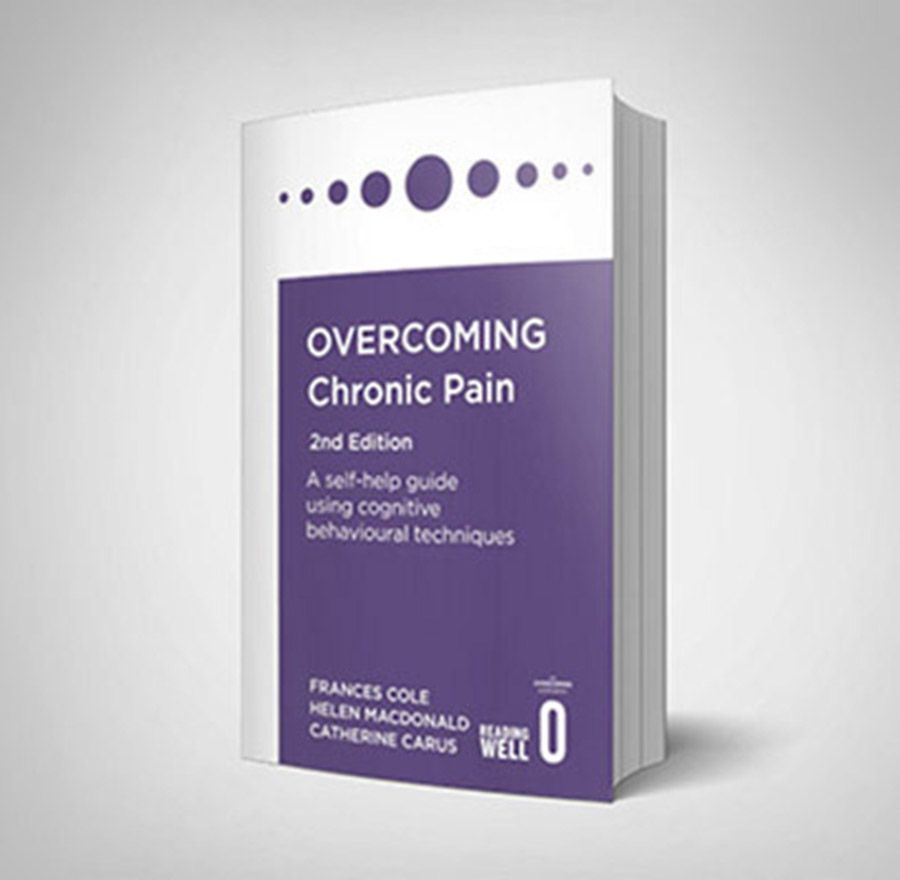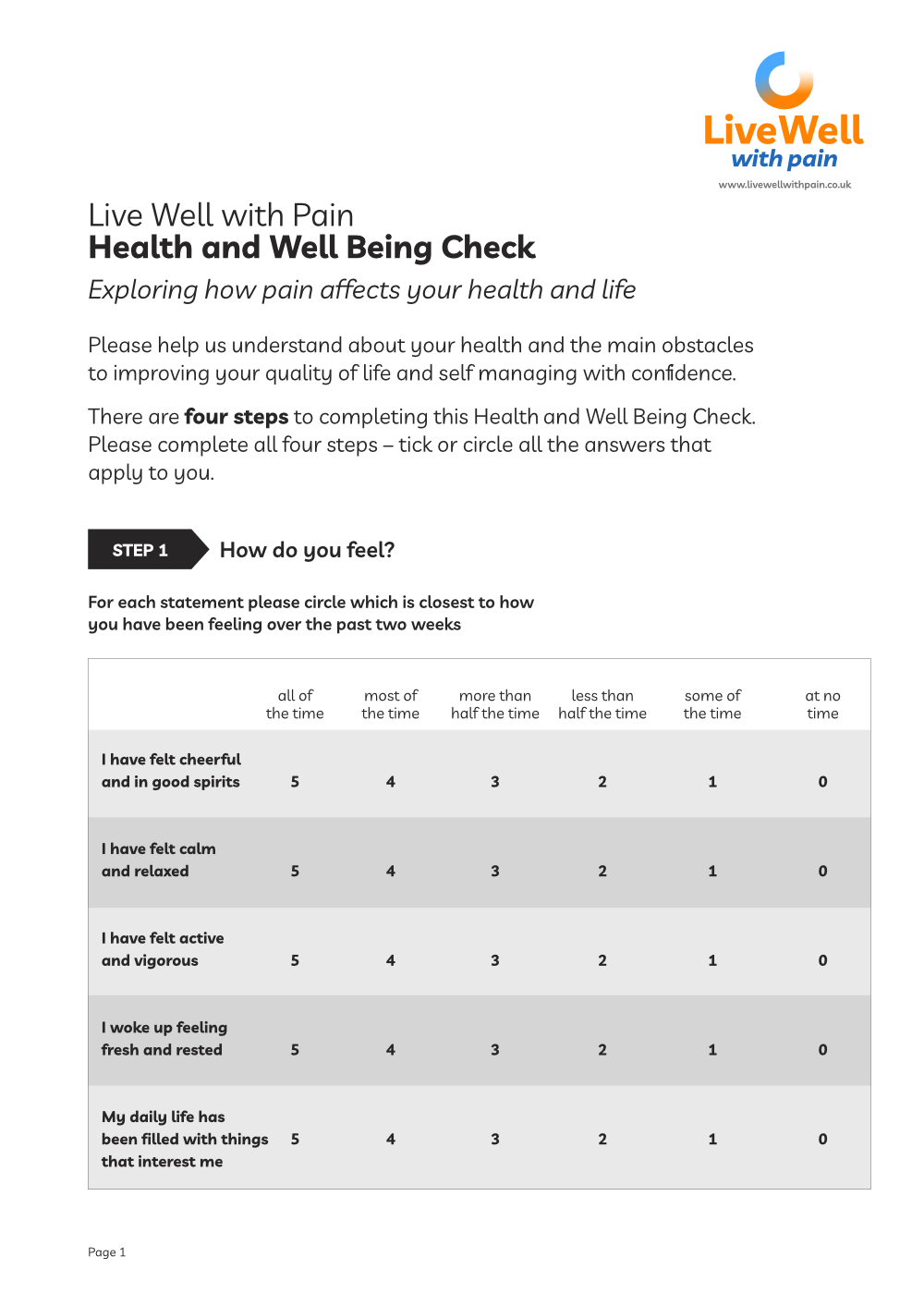Communication
Many people living with persistent pain have lost contact with friends or family, may no longer work and may have dropped out of many aspects of their previous social life. Learning to re-engage is an important part of their journey towards living well with their pain – and good communication is key.
Being socially engaged improves self esteem and reduces depression. Being able to work, retrain or study can also help mental well being.
In practical terms, showing an empathatetic understanding of these issues and factoring them into consultations is your best role.

Actions you can take
Support people to develop their communication skills
We live in a social world and unless we avoid other people, which is not good for most of us, it can be very hard to self manage long term pain around others who haven’t experienced it.
Here are some communication suggestions to share with the person you’re supporting:
- People can’t see pain, so they won’t know what you have to deal with. Explain your condition – if you don’t, they will guess and probably get it wrong.
- Let people know persistent pain is a long term condition which requires self management and explain what this is.
- Remember that different people need to know different things. Family, friends, employers, health care professionals all need different types of information to support you, so focus on the things they need to know.
- Be confident, keep calm, know what you want to say, practice saying it.
- It’s OK to tell others what you need – such as to go slowly or to take rest breaks.
- Saying ‘no’ is OK – this is not about people pleasing.
- Don’t say “I’m fine” if you’re not.
- If there’s something you can’t do – be honest about it abd say so. But always try to include a positive, like “I’m learning how to manage this.”
Assertiveness
People often confuse aggressive and assertive behaviour. When they think of being assertive, they worry about being seen as aggressive.
Helping the person you are supporting to understand the difference will help them learn to communicate more effectively.
Explaining assertiveness simply
One of the key things about assertive communication is keeping it as simple as possible.
People often get quite stressed at the thought of asserting their needs and are often not skilled or confident about doing this.
Suggest to the person you are supporting that they learn some helpful phrases or write them down and rehearse, so they can remember them in the moment when the need arises.
If a phrase is too long they’ll forget what they were trying to say or freeze up.
Examples of short, simple ways for a person to explain what they need as a result of persistent pain:
“I have long term pain, but I’m learning how to manage it.”
“Once a day I need a relaxation break for about 20 minutes – is that ok?”
“I need to take rest breaks – could you remind me, as sometimes I can over do it”
Resources for the person you are supporting
Overcoming Chronic Pain
This self-help book is based on highly effective self-help methods developed by specialists and used in community and hospital pain management programmes. Your experience of pain can be greatly reduced by pacing daily activities, reducing stress, learning relaxation techniques and effective ways to cope with depression, anxiety, worry, anger and frustration.
This easy-to-follow book sets out:
- Why pain can persist when there’s no injury or disease present
- How to become fitter and pace your activities
- Practical ways to improve sleep and relaxation
- Tips for returning to work, study and gaining a life you value

Live Well with Pain Health and Wellbeing Check tool
The Live Well with Pain Health and Well Being Check tool is a self-completion, person-centred tool that can be shared easily with patients and clients.
The data from this completed tool will help identify the actual current impact of chronic pain on the individual and their health.
You can find a more detailed explanation of the Live Well with Pain Health and Well Being Check tool here.

Footstep 7 – Communication
Summary of key points
✔ It is very hard to self manage long term pain around others who have not experienced it themselves
✔ Helping someone to understand the difference between agressiveness and assertiveness will encourage better communication
✔ You can support people to develop their communication skills by offering communication techniques and tips